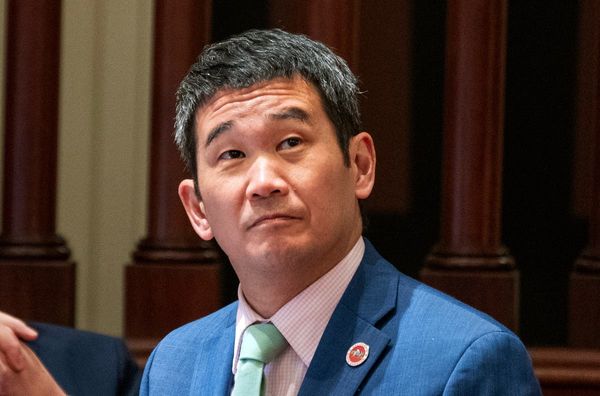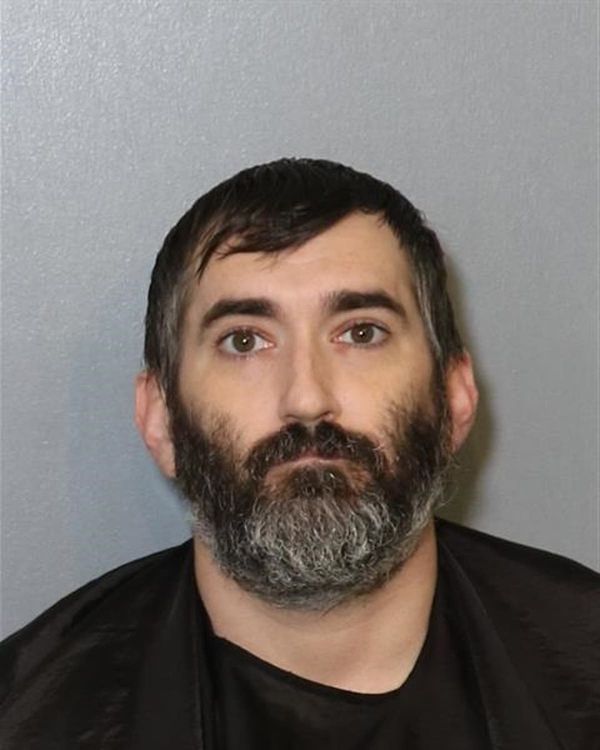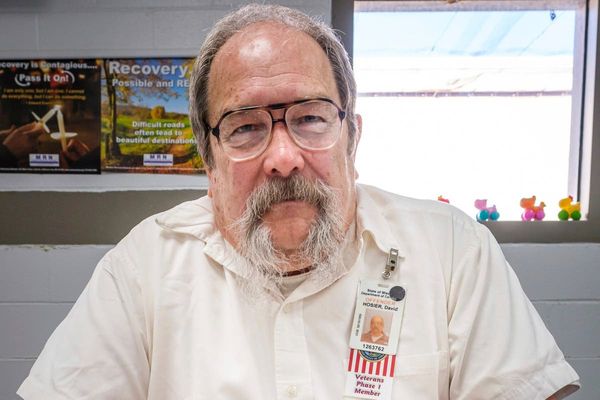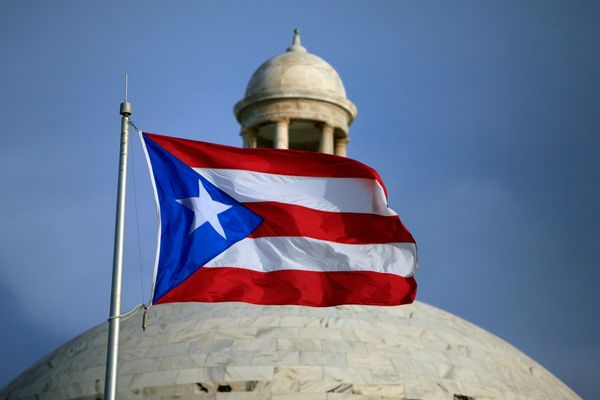
MORE THAN one thousand walkers will embark on a gruelling journey from Belmont to Newcastle, raising funds for the Mito Foundation.
The Bloody Long Walk - now in it's seventh year at Newcastle - shines a light on one of Australia's rarest conditions.
Walkers have already raised $150,000 for mitochondrial disease, or mito - a genetic disorder that robs the body's cells of energy needed to function well.
In a tough seven hours, walkers will clock nearly 47,000 steps including the stairs of Newcastle Memorial Walk.
But for Bailey Walsh, the enormity of the task is worth it. He has completed seven walks this year and plans to finish the nation-wide total of 11 come December.
"My feet are sore when I reach the finish line, but I know it's nothing compared to what mito sufferers face each day," he said.
"[Bec] shows such courage and strength every day as she navigates the challenges of living with this disease," he said.
Sufferers brains, kidneys and heart can be impacted. Seizures, muscle weakness and poor growth are common. Crucially, it is often fatal.
Project manager at the Mito Foundation, Jane Hudson, told the Newcastle Herald almost 1500 walkers would join the fight on Sunday.
"We always have a really good reception in Newcastle. We have quite a lot of mito community members in Newcastle so it is pretty well supported by them," Ms Hudson said. "For other people, the [walk] is a personal challenge.

Walkers are aiming for another $110,000 more in donations for research and prevention.
The fundraising calls comes after Maeve's Law - a Federal bill legalising mitochondrial donations to minimise disease - was passed last year.
"It has never been more important," Ms Hudson said.
About 70 Australian children develop a life-threatening form of mito every year.
An estimated one in 200 people, or 120,000 Australians, may carry the genetic change that puts them at risk of developing mito, or passing it on to their children.
"We really are the only body within Australia who offers this kind of support," Ms Hudson said.







